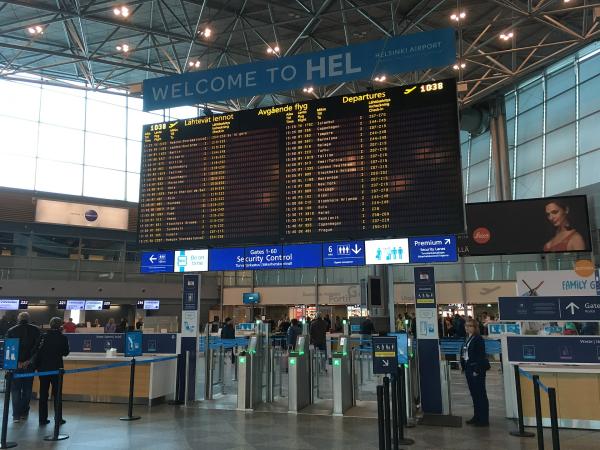During the U.S. border crisis, in which immigrants from Central and South America were attempting to cross the border illegally into the United States, thousands of families and children were separated during the detention process. This caused a lot of concern, for good reason.
Research shows that separating families has long-term psychological and even physiological effects on children's health, increasing the risk of just about everything from mental illness to chronic disease. It goes without saying that separation is also traumatizing to the parents. Incidentally, this destructive effect on the well-being of both parent and child is why parental alienation (in which one parent tries to prevent a child from bonding with the other parent) is taken so seriously by the courts in divorce cases.
So, the science is absolutely clear that separation is one of the worst possible things that can be done to a family. Yet, countries all over the world are doing just that in the name of fighting the COVID pandemic.
Stopping COVID, But at What Cost?
Some countries have taken a "stop COVID at all costs" approach. Australia has closed its borders and refuses to fully reopen to the world until 2022. As a geopolitically and economically insignificant island*, it has the luxury of shutting out the world and pretending nobody else exists. New Zealand has done the same thing, as have several East Asian countries.
To highlight the absurdity of Australia's approach, one person (yes, one) got COVID in the city of Perth, so 2 million people were just ordered into a 5-day lockdown. The benefit, of course, is that there have been very few cases of COVID in the country. But at what cost?
Here's a big one: In December 2020, the Washington Post reported that tens of thousands of Australian citizens are stranded abroad, unable to return home. The article, which described Australia's policy as "draconian," explains that the citizens who have been able to find a way home are "escorted under police or military guard to sealed hotels" for 14 days at their own expense. They also aren't allowed out of their rooms.
Supposedly, those are the lucky ones. As of late November 2020, The Guardian (UK) says that over 36,000 Australians are unable to return home, many of whom feel "betrayed and abandoned" by their own country. The Post article notes that in 1980, the United Nations guaranteed every citizen the right to return to their own country, implying that Australia's policy constitutes a human rights violation.
Whatever the exact numbers (the journal Family Court Review claims that about 650,000 Australian families have been separated, impacting roughly 1.3 million children), it is indisputable that Australia's policy is having a devastating effect on numerous families and is tearing at the nation's social fabric. Horror stories abound. One mother was separated from her newborn infant. A toddler who was visiting grandparents in India was separated from his Australian parents for nearly a year.
Part of the problem is that the social impact of such cruelty can't be quantified and isn't as eye-catching as the number of COVID cases and deaths or the latest GDP figures. So, millions around the world are left to suffer in isolation, consoled only by the platitude that the benefits of strict lockdowns outweigh the cost of emotional pain and psychological torture.
*Note: Before anyone starts huffing and puffing, Australia contributes 1.64% to global GDP and has a power ranking of #15, coming in behind Canada (#12) and Switzerland (#13). Australia could disappear tomorrow, and nobody would notice.




